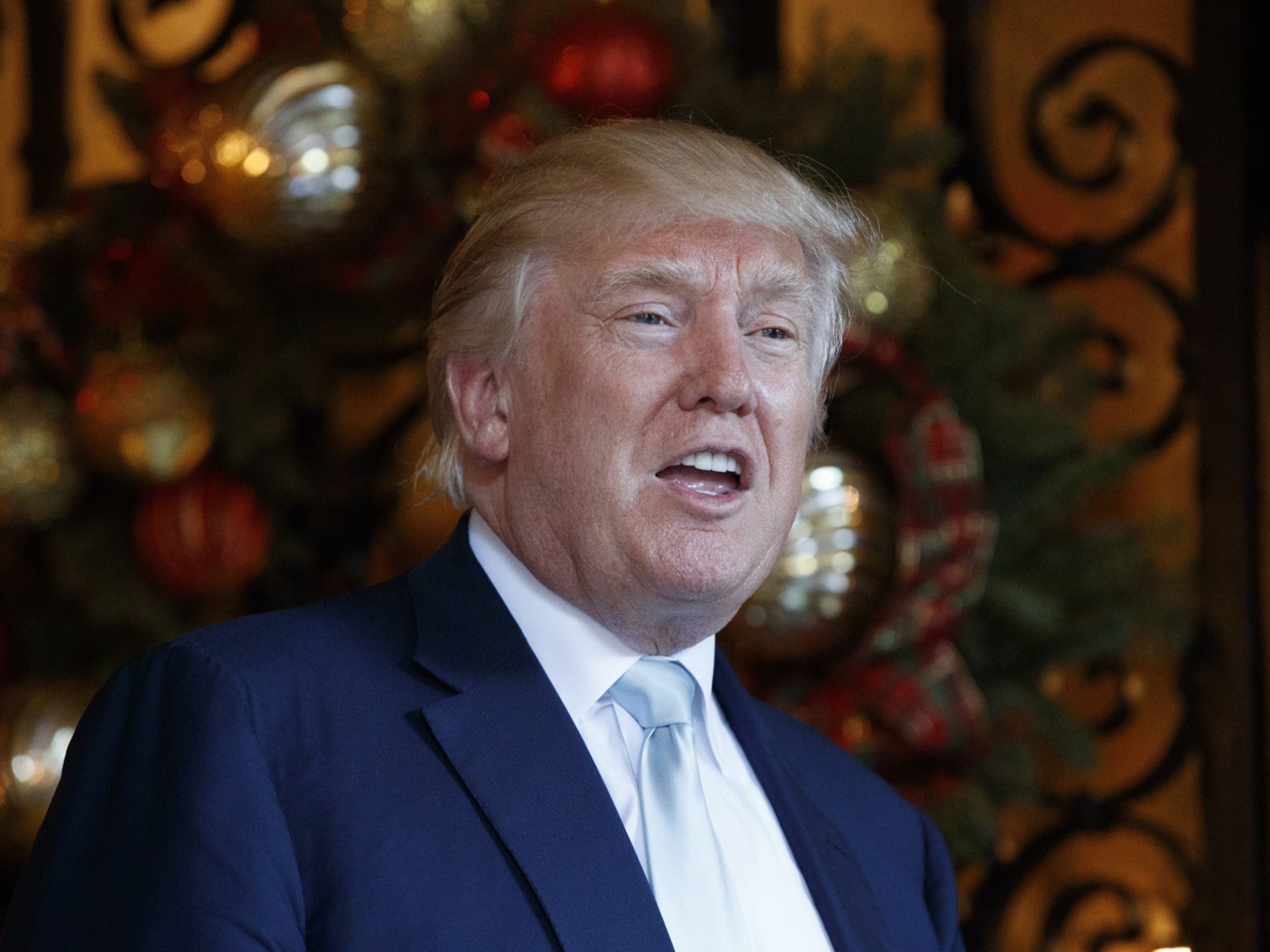Donald Trump's use of racism and sexism in US election 'gave him the edge with non-college-educated whites'
'Sexism and racism were powerful forces in structuring the 2016 presidential vote, even after controlling for partisanship and ideology'

Your support helps us to tell the story
From reproductive rights to climate change to Big Tech, The Independent is on the ground when the story is developing. Whether it's investigating the financials of Elon Musk's pro-Trump PAC or producing our latest documentary, 'The A Word', which shines a light on the American women fighting for reproductive rights, we know how important it is to parse out the facts from the messaging.
At such a critical moment in US history, we need reporters on the ground. Your donation allows us to keep sending journalists to speak to both sides of the story.
The Independent is trusted by Americans across the entire political spectrum. And unlike many other quality news outlets, we choose not to lock Americans out of our reporting and analysis with paywalls. We believe quality journalism should be available to everyone, paid for by those who can afford it.
Your support makes all the difference.Donald Trump's dramatic success among white voters without a college education can be attributed largely to racism and sexism, researchers have claimed — and not the economic difficulties of those "left behind".
Political scientists from the University of Massachusetts said that even though Mr Trump's "explicit racist and sexist appeals" might have cost him the votes of educated whites, they "may have won him even more support" among those without degrees.
Their study, co-authored with the founder of the pro-Democratic campaign and marketing organisation MacWilliams Sanders Communication, concluded that "sexism and racism were powerful forces in structuring the 2016 presidential vote, even after controlling for partisanship and ideology".
The researchers, Brian Schaffner and Tatishe Nteta, examined post-election suggestion that working-class white people voted for Mr Trump because they had been "left behind during the economic recovery that took place during the Obama presidency" after the Republican gained a 40-point lead over Democrat Hillary Clinton among the group.
That gap has been steadily widening for some years, they said.
They concluded: "The effect of economic dissatisfaction is dwarfed by the relationship between sexism and racism and voting for Trump.
"For example, an individual who was average on all other variables in the model but registered the most sexist attitudes on the hostile sexism scale had a .65 probability of voting for Trump.
"That same individual would have just a .35 predicted probability of voting for Trump if she registered the least sexist attitudes."
While the researchers said it would be "misguided to seek an understanding of Trump’s success in the 2016 presidential election through any single lens", they added it was "unsurprising to find that voters’ attitudes on race and sex were so important in determining their vote choices" given how prominent the rhetoric around those subjects had been.
Join our commenting forum
Join thought-provoking conversations, follow other Independent readers and see their replies
Comments